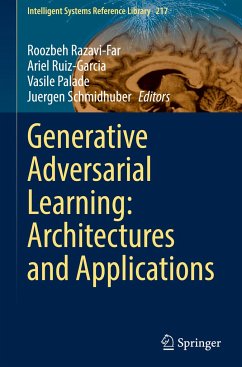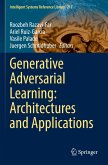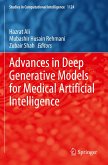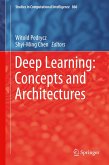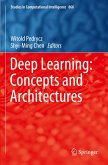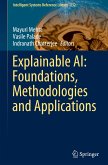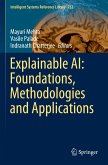This book provides a collection of recent research works addressing theoretical issues on improving the learning process and the generalization of GANs as well as state-of-the-art applications of GANs to various domains of real life. Adversarial learning fascinates the attention of machine learning communities across the world in recent years. Generative adversarial networks (GANs), as the main method of adversarial learning, achieve great success and popularity by exploiting a minimax learning concept, in which two networks compete with each other during the learning process. Their key capability is to generate new data and replicate available data distributions, which are needed in many practical applications, particularly in computer vision and signal processing. The book is intended for academics, practitioners, and research students in artificial intelligence looking to stay up to date with the latest advancements on GANs' theoretical developments and their applications.
Bitte wählen Sie Ihr Anliegen aus.
Rechnungen
Retourenschein anfordern
Bestellstatus
Storno

